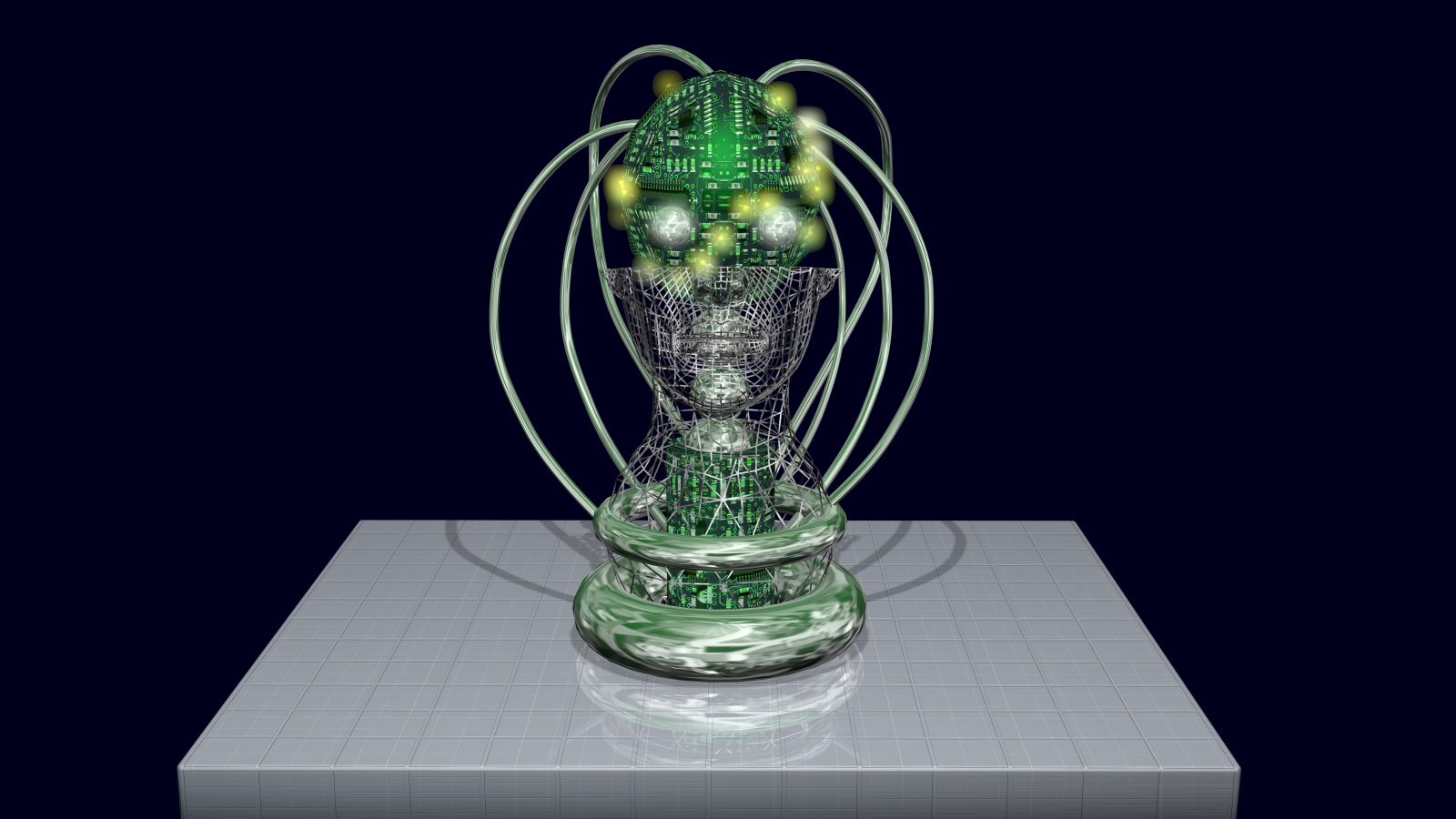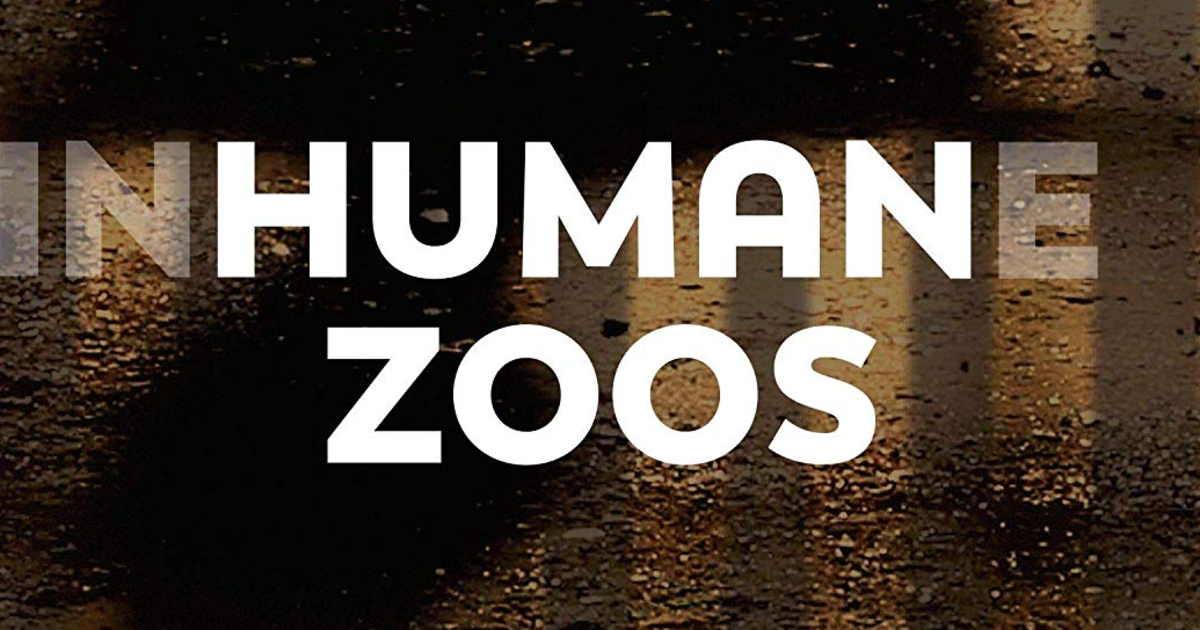
Roger Olsen on the Mystery of Life’s Origin on the Early Earth
On this episode of ID the Future, Robert Marks interviews Roger Olsen, co-author of the groundbreaking 1984 book The Mystery of Life’s Origin. In the book’s epilogue they suggested that a designing intelligence stands as the best explanation for the origin of life. And with a revised and greatly expanded new edition of the book now available, he says that 36 years of additional research from the origin-of-life community has left their conclusions stronger than ever. Now an environmental scientist, Olsen has spent his career since then helping homes and families abroad protect children from the ravages of environmental pollution.

